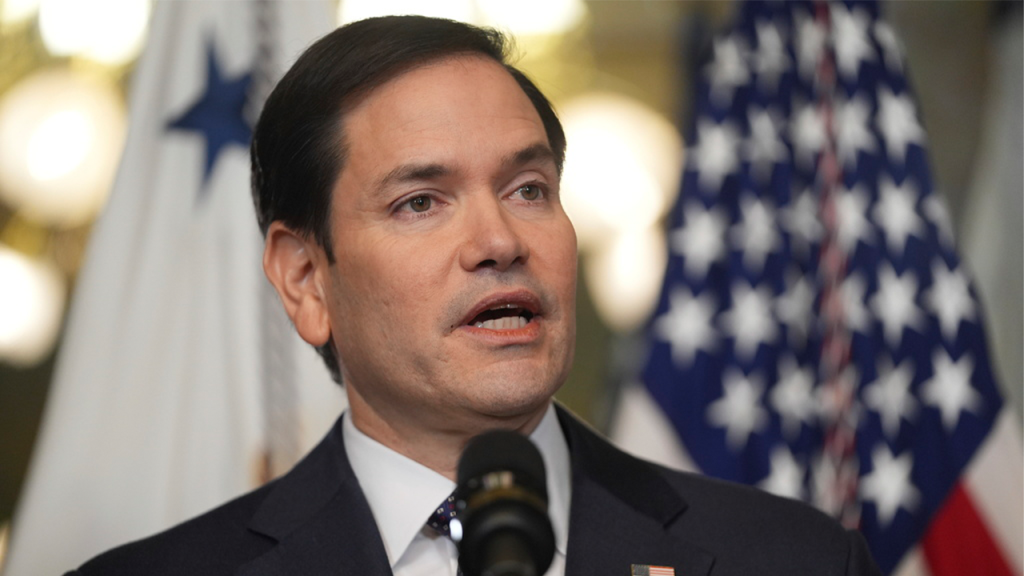Secretary Rubio Accuses USAID of Insubordination and Announces Takeover
Secretary of State Marco Rubio, in an exclusive interview with Fox News, has accused the United States Agency for International Development (USAID) of "rank insubordination," citing the agency’s perceived disregard for U.S. national interests as the driving force behind his decision to assume the role of acting director. Rubio criticized USAID for operating as a "global entity" rather than prioritizing the interests of the United States, a stance he deems unsustainable and contrary to the agency’s mandate.
Rubio Emphasizes Reform, Not Elimination, of USAID
While acknowledging calls for the agency’s dissolution, including those from prominent figures like Elon Musk, Rubio emphasized the intention to reform USAID rather than eliminate it entirely. He stated that certain USAID functions are valuable and merit continuation, and the ongoing process will determine whether these functions are best served under the State Department’s purview or through a restructured USAID. Rubio affirmed that the United States would maintain its commitment to global generosity but stressed the importance of aligning aid with national interests.
USAID’s Role and Alignment with U.S. National Interests
Rubio’s primary concern revolves around USAID’s perceived deviation from its core mission of serving American interests. He argues that the agency’s focus should not be solely on global humanitarian efforts but rather on aligning these efforts with the strategic objectives of the United States. This perspective suggests a shift in approach, where aid is viewed not merely as charitable giving but as a tool to advance American influence and interests on the world stage.
Responding to Concerns about Chinese Influence and AFSA Opposition
Rubio dismissed concerns that a reformed USAID would create a vacuum for increased Chinese influence, asserting that China’s current engagement in comparable activities is limited. He reiterated that U.S. aid should prioritize national interests regardless of China’s actions. The American Foreign Service Association (AFSA) has expressed strong opposition to the administration’s actions regarding USAID, claiming it undermines U.S. national security, potentially subverts Congressional authority, and disrespects the dedication of development professionals.
Rubio’s Latin American Diplomacy and Trump’s Panama Canal Concerns
Rubio’s interview followed his visit to Panama, amidst President Trump’s repeated warnings about reclaiming the Panama Canal due to concerns about Chinese operational control. Following Rubio’s meeting, Panama announced its withdrawal from China’s Belt and Road initiative, a move welcomed by Rubio, who anticipates further actions. He also addressed President Trump’s 30-day tariff pause on Mexico and Canada, acknowledging the impact on economic relations but clarifying that the State Department is not involved in any negotiations concerning Canada’s potential integration as the 51st state.
U.S. Policy Towards Venezuela and Rubio’s Future Diplomatic Travels
Despite Venezuela’s recent release of U.S. hostages and acceptance of migrants living illegally in the U.S., Rubio maintained that there are no plans to recognize the Maduro regime. He reiterated the U.S.’s capacity to impose significant consequences on the regime. Rubio, of Cuban descent, confirmed his intention to visit Havana only to discuss the Cuban government’s departure from power. He will continue his diplomatic engagements in Latin America with visits to Costa Rica and Guatemala. This itinerary reflects the administration’s focus on the Western Hemisphere and its ongoing efforts to address regional challenges and promote U.S. interests.

